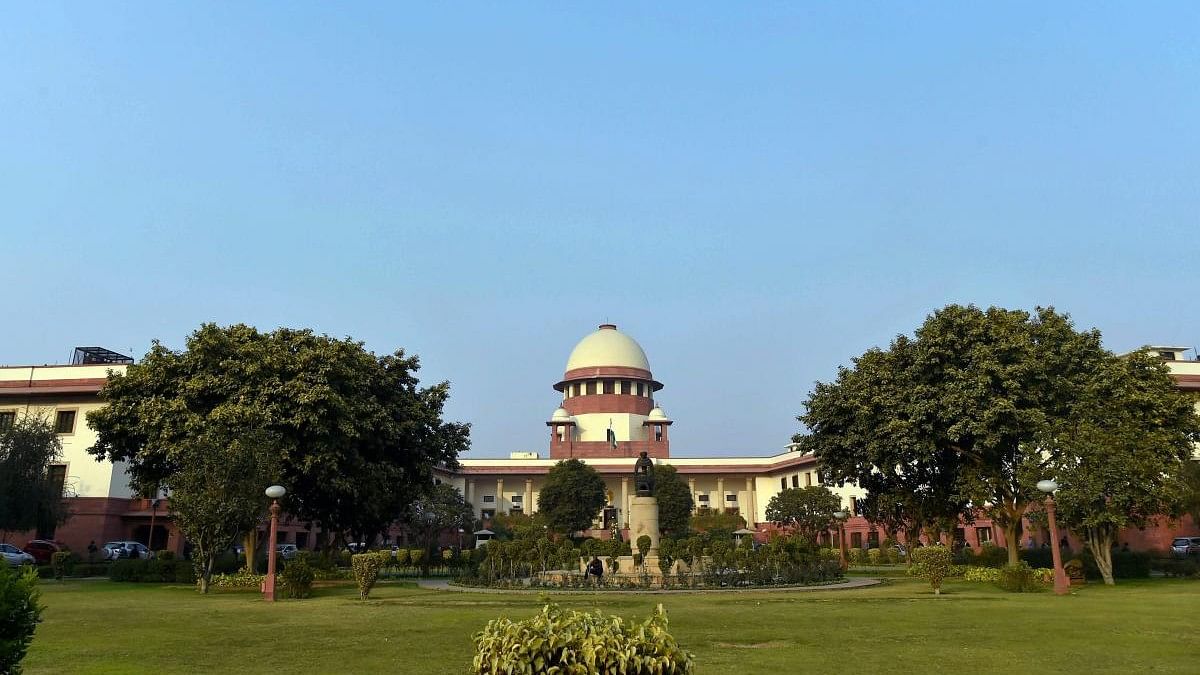
The Supreme Court has upheld the election of Independent MLA Karikho Kri from Tezu assembly constituency in Arunachal Pradesh in 2019.
Credit: PTI File Photo
New Delhi: The Supreme Court on Tuesday held that it was not mandatory for a candidate in election to disclose each moveable asset held by him or family, as the voter's right to know is not absolute.
A bench of Justices Aniruddha Bose and Sanjay Kumar said it is not necessary that a candidate in an election must declare every item of movable property that he or his dependent family members owned, such as, clothing, shoes, crockery, stationery and furniture, etc, unless the item is of such value as to constitute a sizeable asset in itself or reflect upon his candidature, in terms of his lifestyle.
"We are not inclined to accept the blanket proposition that a candidate is required to lay his life out threadbare for examination by the electorate. His ‘right to privacy’ would still survive as regards matters which are of no concern to the voter or are irrelevant to his candidature for public office," the bench said.
The court said non-disclosure of each and every asset owned by a candidate would not amount to a defect, much less, a defect of a substantial character.
The bench set aside July 17, 2023 judgment of Itanagar bench of High Court of Assam, Nagaland, Mizoram and Arunachal Pradesh, which held 2019 election of Karikho Kri as independent MLA from Tezu (ST) Assembly Constituency, as void, on a petition by Congress candidate Nuney Tayang.
Among the grounds, the HC held against Kri for not disclosing vehicles like Kinetic Zing Scooty, Maruti Omni Van, and TVS Star City Motorcycle.
"Such non-disclosure cannot, by any stretch of imagination, be treated as an attempt on his part to unduly influence the voters, thereby inviting the wrath of Section 123(2) of the Representation of People Act of 1951," the bench said.
The court pointed out Kri had declared the value of the movable assets of his dependent family members and himself as Rs 8,41,87,815.
The value of the three vehicles in question, by comparison, would be a mere miniscule of this figure, which could not be said to amount to ‘undue influence’, the bench said.
The court said every case would have to turn on its own peculiarities and there can be no hard and fast or straitjacketed rule as to when the non-disclosure of a particular movable asset by a candidate would amount to a defect of a substantial character.
The bench said a candidate and his family who own several high-priced watches, which would aggregate to a huge figure in terms of monetary value, would obviously have to disclose those as they constitute an asset of high value and also reflect upon his lavish lifestyle.
However, if a candidate and his family members each own a simple watch, not highly priced, suppression of the value of such watches may not amount to a defect at all. Each case would, therefore, have to be judged on its own facts, the bench said.
